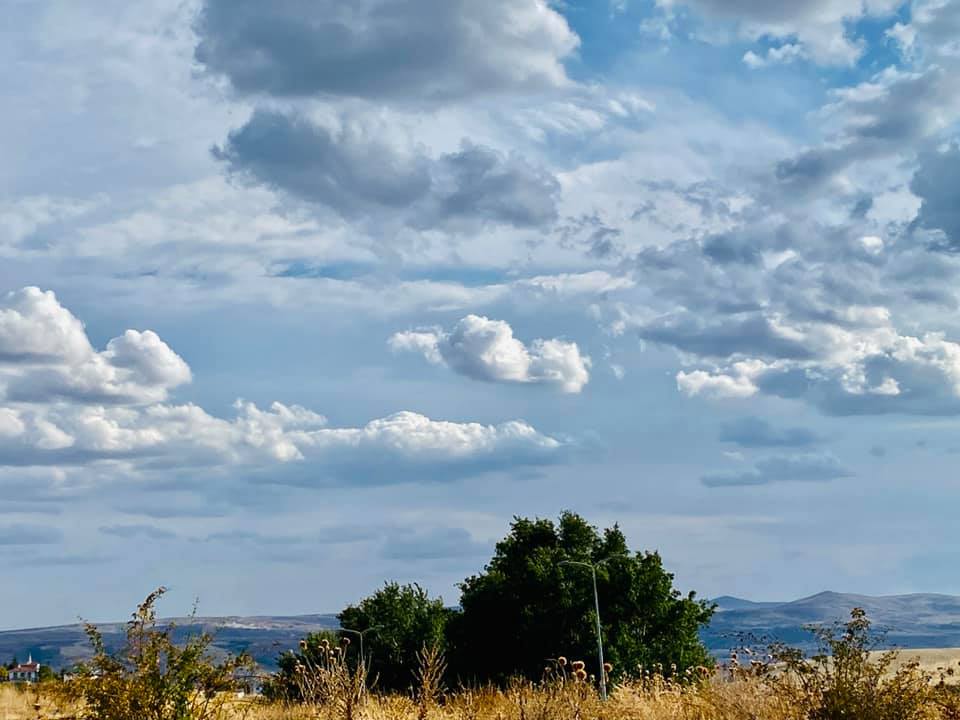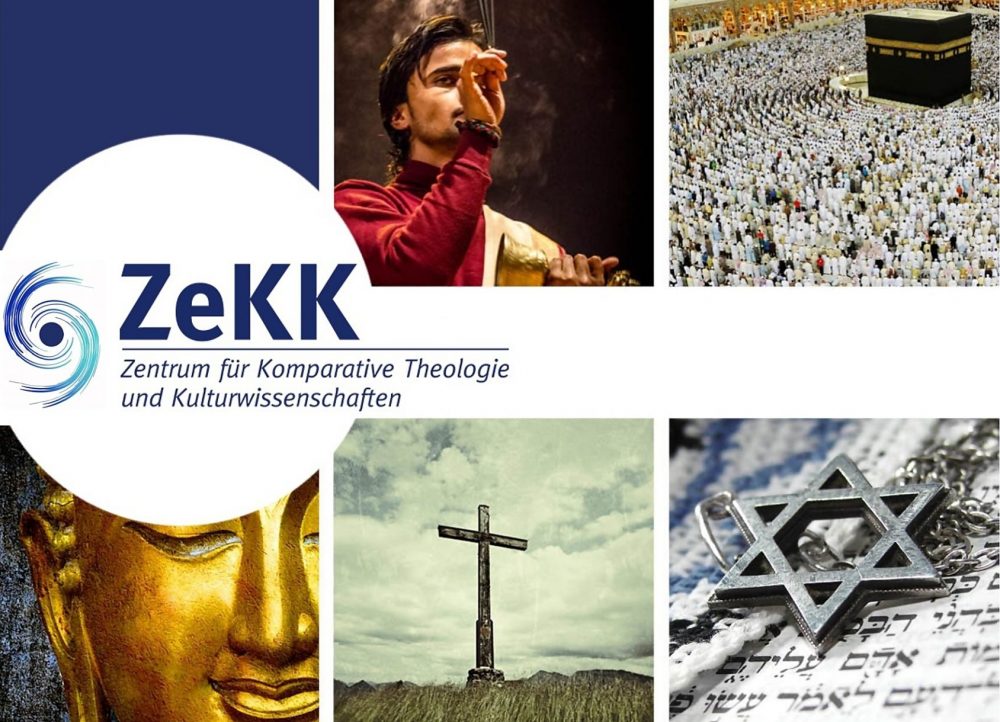I believe that prayer is the greatest refuge for a person of faith; even in the midst of human-caused catastrophes, people still seek God’s guidance.
Much may be said about it, but I’d like to offer my own experience at Müster Bonn, where I joined the first multi-religious prayer. It is a bold initiative of CTSI at the University of Bonn and Prof. Klaus Von Stosch. It aims to offer faith communities a space to have collective experience of prayer and a support in their desire for a peaceful and habitable world. Faiths united in their desire for climate concerns and a more peaceful global civilization and.
A multi-religious group prayer appears to be a stylish and trendy concept. However, during my time there, I was reminded of several instances in faith history where loyal communities longed for and banded together for a greater cause and what greater cause could there be than a peaceful, sustainable earth for all lifeforms?
Prayer is perhaps a believer’s last resort. What could be more meaningful than praying for one another? Prayer can be an act of self-interest, but when done for the Other, regardless of kinship or religious beliefs, it becomes something wonderful. Praying is both a private conversation with God and an appropriate means of connecting with oneself. The following verse from the Quran sprang to mind: „And when believers ask you, concerning Me – truly I am near. When the supplicant calls out to Me, I hear him (2:186).
Instances of silence, followed by the chiming of bells and the trickling of water, let me forget the grief and suffering in the present world. My thoughts began to wander as I listened to the Adhan and Psalms. In mystic traditions, it is considered that one can have a wandering mind, but it should not stray unduly. Contemplating the situation, I imagined what might happen if politicians from opposite regions, such as the Middle East, joined us in prayer or had a chance to sit and ponder on a different pathway. When will we get your response my God? I sat and waited.
While we invoked God’s name in German, Arabic, and Hebrew, the overwhelming emotions overtook my spirit and I felt a sense of relief in my heart. The expression of a shared desire for peace in a variety of linguistic forms, such as Frieden, Salam, and Schalom, may aid in the development of a sense of community and harmony while also allowing us to express our concerns about the accelerating rate of lifeform extinction and the effects of climate change.
The Room of One is a possibility; it is a model invitation to chant the name of our creator together. „We pray for our loved ones who perished in the madness of wars, My Lord,“ I mumbled in my heart. I prayed for our deceased relatives, including those we had never met, as well as those who lived in war-torn areas. As I listened intently to the prayers, I noticed emotions of delight and contentment mirrored in their smiles and cheerful eyes, complemented with a quiet and calm ambiance. I understood that while the difficulties that humanity faces may appear complex, they may not be; they may be as simple as having an open heart.
Where is the solution? I was wondering, and then we all sang together from the booklet designed for multireligious prayer, that we should have the courage to inquire, even in difficult circumstances; we should have the courage to ask, even if the response appears distant; we should still ask for forgiveness, even if we feel pious… We should inquire and pray as equals.
Our hearts contain the answer.

#Prayer #ClimateChange #Peace #RoomofOne
Dr. Abdul Basit Zafar is a research assistant at the International Center for Comparative Theology and Social Issues (CTSI) of the University of Bonn.
Das Gebet im Room of One findet im Rahmen des vom MRK NRW geförderten Verbundprojekts zum Transfer Komparativer Theologie in die Gesellschaft zwischen der Universität Paderborn und der Universität Bonn statt. Hier finden sich weitere Infos zum wöchentlichen Gebet:
